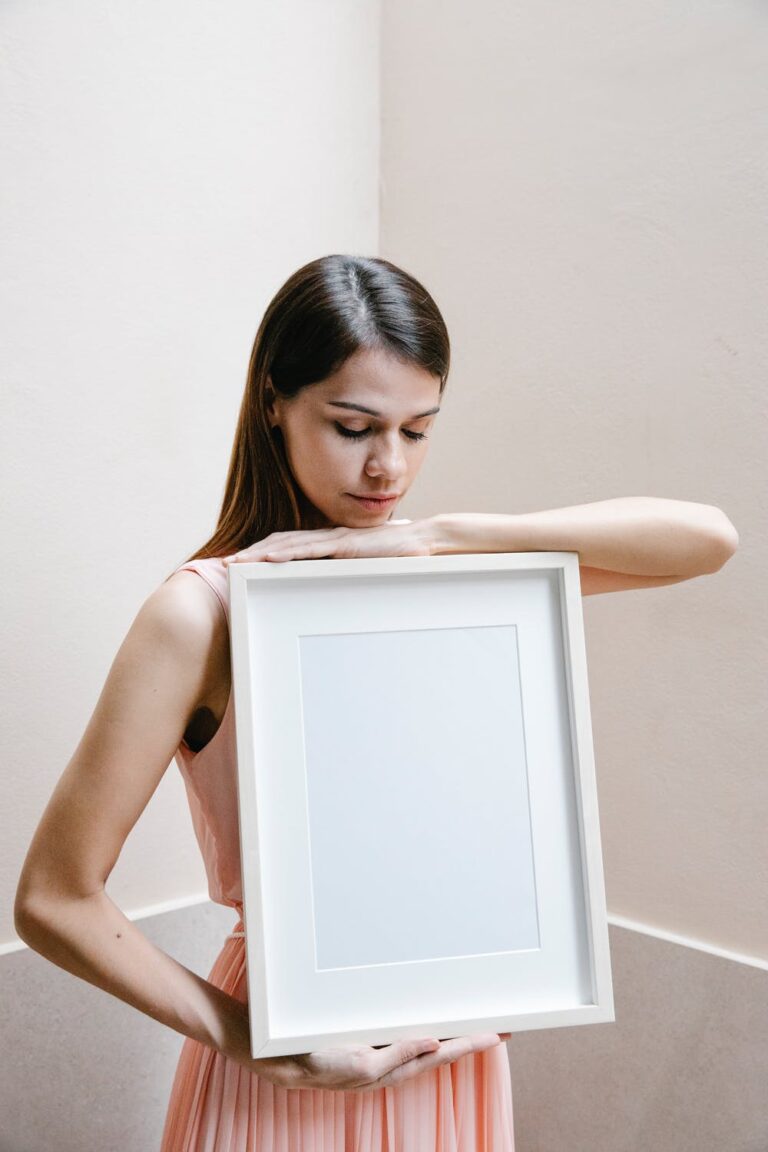
Embracing Change When You’re Widowed and Extremely Cautious
Some of the worst advice I received as a new widow was to change, anything and everything. But we cautious folk need smaller steps to move on.

Some of the worst advice I received as a new widow was to change, anything and everything. But we cautious folk need smaller steps to move on.
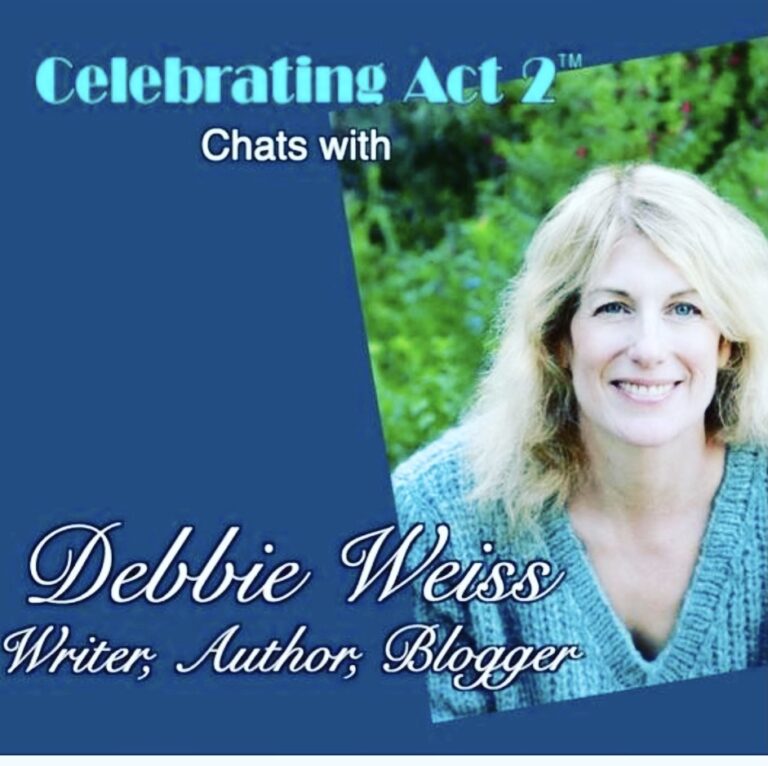
The lovely fellows at Celebrating Act 2, a Youtube Vlog, interviewed me for their channel. Here’s the video:
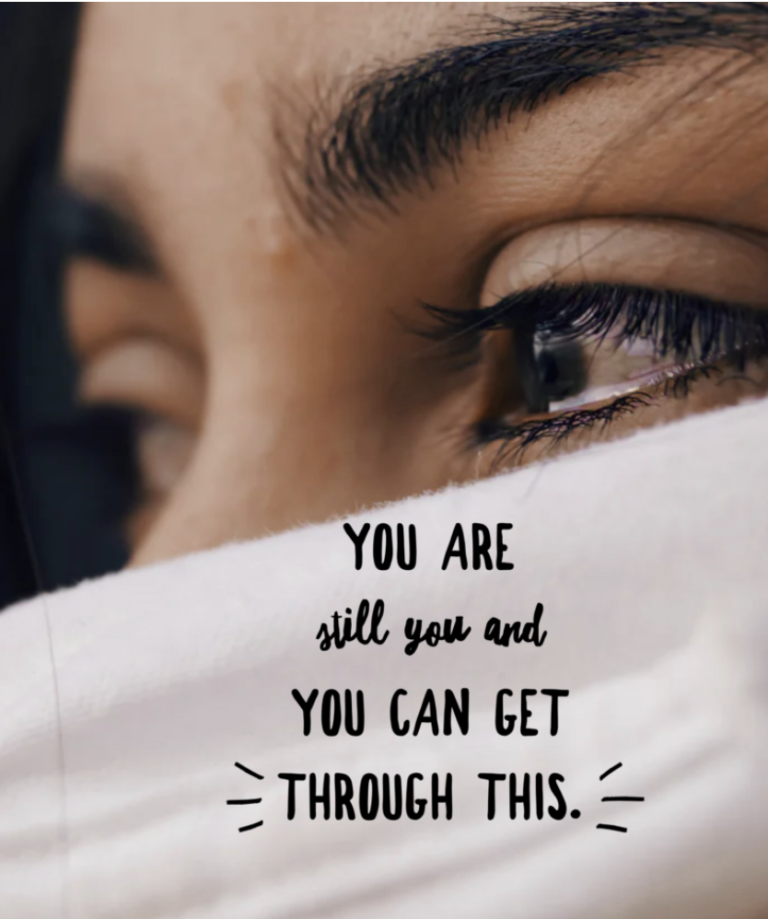
A few modest suggestions for the newly widowed as they grieve and begin to regroup.
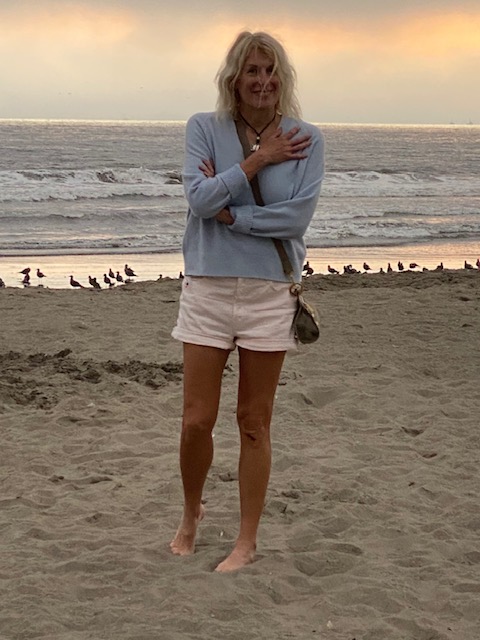
When I was widowed, I couldn’t stop thinking I was doing it wrong. But all we really have to do is to stop judging our own grieving.
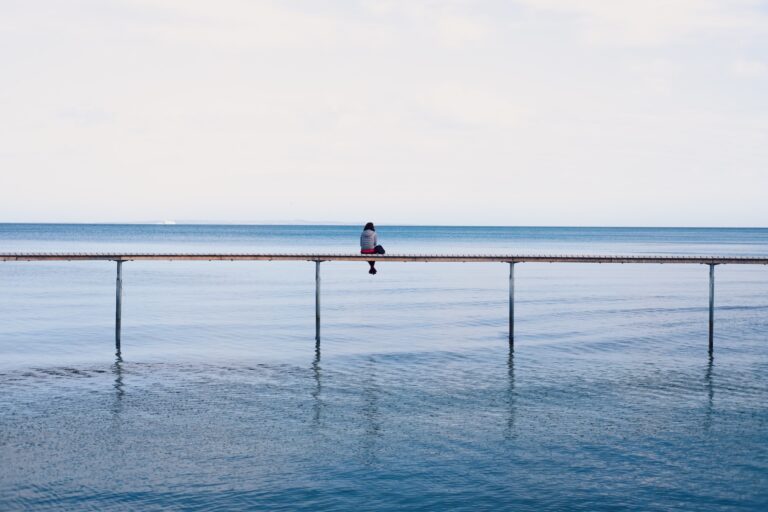
To be widow is to be a shape shifter. We move through different phases redefining ourselves after our loss.
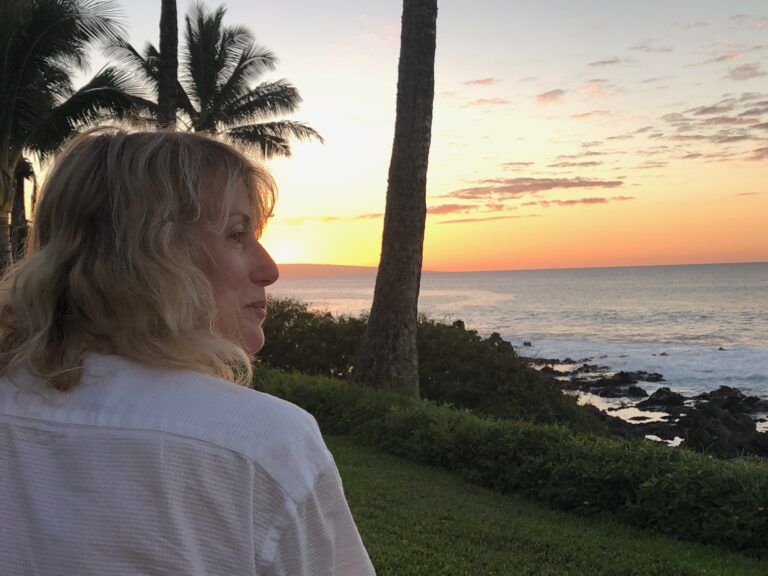
I wanted someone who was invested, and that meant caring about what I cared. A dead air conditioner showed me I’d found the right person.
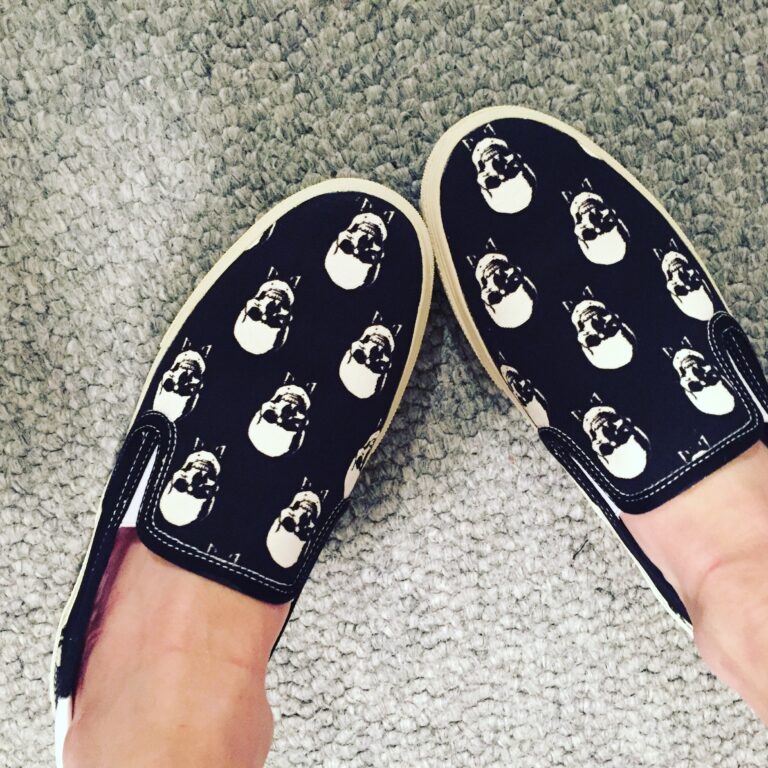
I found love and learned not settle when I was 55 at one of the saddest points since my husband died. Don’t give up hope.
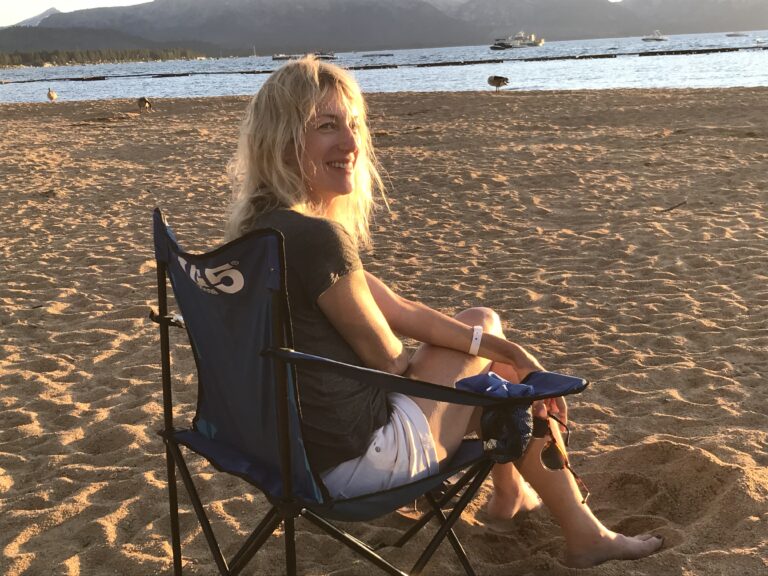
Dear Friends, I loved teaching the five-week essay writing class through Writing Pad. I’m doing it again in
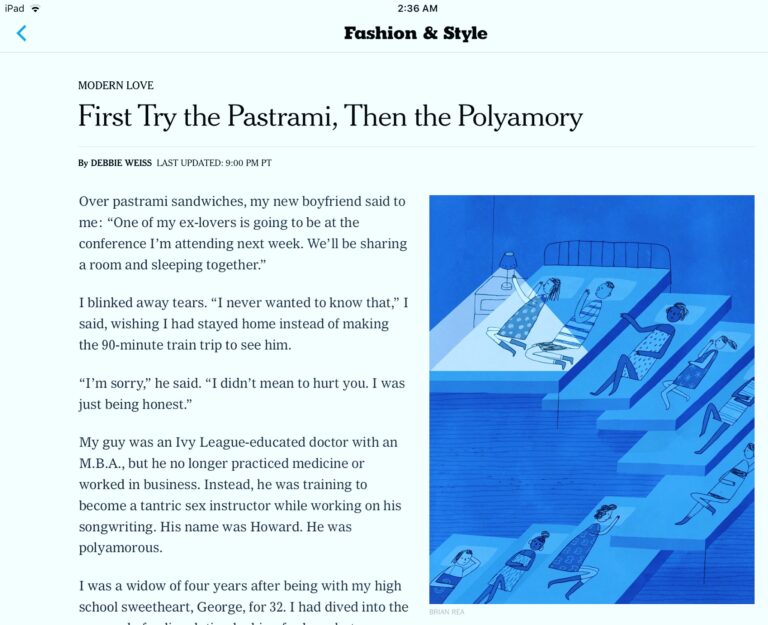
One of my dreams has been to be in the New York Times’ Modern Love column. Let’s go
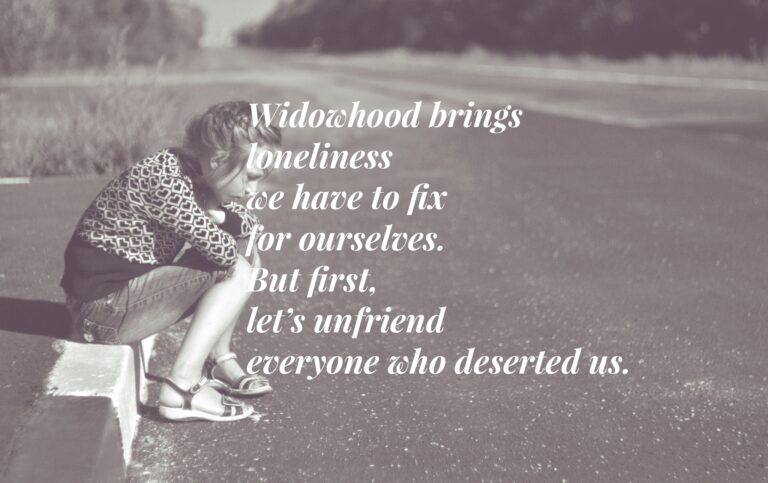
We are lonely. My post that’s gotten by far the biggest response is fighting the loneliness that comes
You have successfully joined our subscriber list.